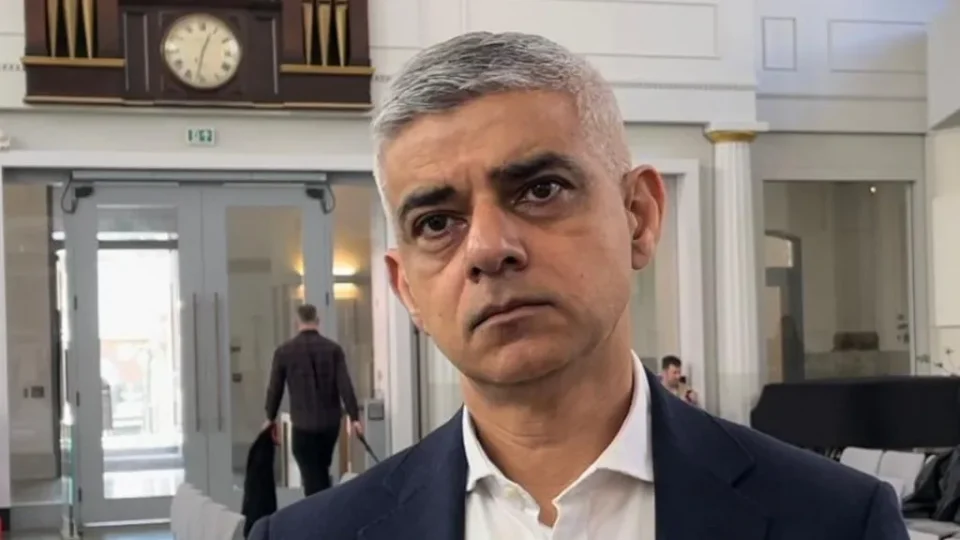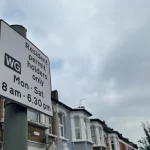Mayor Sadiq Khan expressed that London “cannot afford” to become a city where “the heart has been emptied” due to the rise in remote work.
At an event on Wednesday, he voiced his apprehensions about the diminishing office presence in the capital following the easing of lockdown restrictions, as reported by the Local Democracy Reporting Service.
Khan called upon employers to motivate their teams to return to the office, emphasizing that businesses should also take steps to enhance the office environment to make it more desirable for employees.
This statement comes amid some London-based organizations limiting or discontinuing flexible work options that allow employees to work from home.
During the event, which was organized by the consultancy Project Leaders, Khan expressed concern over the impacts on recent graduates entering the workforce post-pandemic. He highlighted that these new employees might struggle to build relationships with coworkers or develop necessary skills due to the reduced office interactions.
Khan urged businesses in London to think twice before scaling back their office spaces, warning of potential long-term repercussions for their workforce.
He pointed out that London is not the only city experiencing challenges in returning to pre-pandemic commuting levels, noting that most urban areas globally are facing similar issues, with a few exceptions in Asia.
This discussion follows actions from various London companies, including Amazon, the Metropolitan Police, and global communications firm WPP, to curb or eliminate remote work policies.
Some employers are introducing incentives to encourage staff to return to their workplaces. For example, Just Eat for Business requires employees to be in the office three days a week and offers a monthly stipend for complimentary meals.
The trend toward flexible work has also negatively impacted Transport for London’s (TfL) fare income.
As of March 2024, morning peak Tube journeys on Mondays reached only 70% of the volume seen in March 2019. In contrast, Fridays recorded just 62%, while Tuesdays, Wednesdays, and Thursdays had 79% of pre-pandemic ridership levels.
To address the steep decline in Friday’s ridership, Khan previously implemented a £24 million fare reduction trial over three months last year. However, a recent evaluation indicated that this initiative resulted in “no significant change” in peak-time Friday travel numbers.
During the event, one participant shared with Khan that his company felt it was “losing the battle” to encourage employees back to the office, largely due to steep train fares, especially for those traveling from surrounding counties.
Khan attributed the fare increases to private train operators and noted that he had worked to keep Tube and bus fares as low as possible. He also mentioned lobbying the Department for Transport for “innovative” solutions to make rail travel more appealing for London commuters.
In unrelated comments, Khan expressed his frustration over the decision not to extend HS2 beyond Birmingham after the northern segment was canceled by former Prime Minister Rishi Sunak in 2023.
Since last year, the Labour government has not committed to reinstating plans for a route extending to Manchester but has confirmed that trains will operate to Euston station instead of terminating at Old Oak Common in west London.
The government has been approached for comment.


